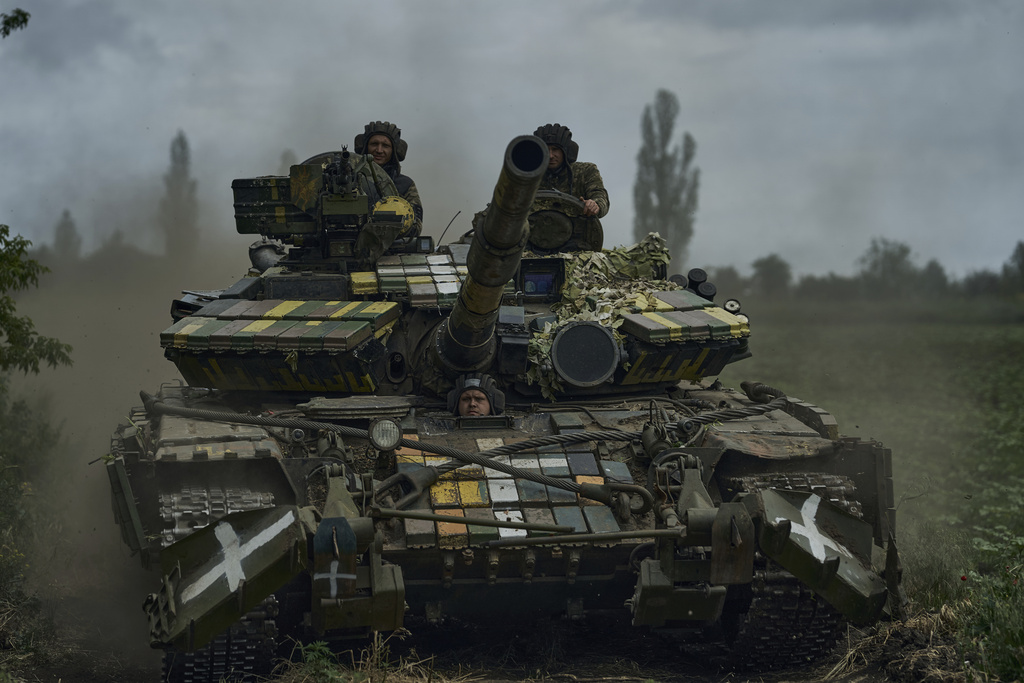Ukraine’s tanks are increasingly running on oil that comes from Russia in what German newspaper Handelsblatt describes as a paradox of war.
According to the Ukrainian customs authority, Kyiv is importing more and more diesel from Hungary and Turkey, both countries that process oil from Russia to a large extent in their refineries.
Although the market position of Hungary’s MOL Group and Turkish suppliers in Ukraine was already relatively good in the past, it was only recently that the Ukrainian customs authorities reported a striking increase in imports. For example, MOL, which is closely linked to the Hungarian state, doubled its sales to Ukraine in the past six months.
Since MOL purchases Russian oil to a large extent, it is now likely to be the main fuel for Ukraine’s war machinery. At the same time, companies that do not obtain their raw material from Russia are losing market share in Ukraine. This is because MOL has a competitive advantage over other European oil companies: It has an exemption from the European Union to continue supplying its refineries with Russian crude oil.
While Hungary’s special status has received little public attention, Turkey has long made no secret of the fact that it benefits greatly from oil imports from Russia.
In principle, tanks can be refueled with different petroleum products. “Military engines are usually versatile and very tolerant when it comes to fuels,” said Polish military expert Damian Ratka.
The attacked country is almost completely dependent on fuel imports. Nevertheless, there is hardly any shortage in Ukraine, even though the Russian attacks on the energy supply have left their mark.
For example, the West provided the country with numerous mobile diesel generators, especially last winter, in order to reliably supply hospitals and other public facilities with energy. This is because a decentralized supply is more crisis-proof than large power and heating plants, which can be relatively easily paralyzed by rocket fire.
Nevertheless, an adequate supply of diesel fuel is assured, as many companies in the war economy have scaled back their operations or are out of business altogether. Experts estimate that the consumption of petroleum products may have decreased by as much as 40 to 50 percent despite the enormous demand of the army.
This is also confirmed by Sergiy Kuyun, the director of the Kyiv consulting group A-95. He explained that the country is currently “particularly well positioned” in terms of energy supply. This is due to the fact that Ukraine has gained a large number of new supply routes since the beginning of the war.





